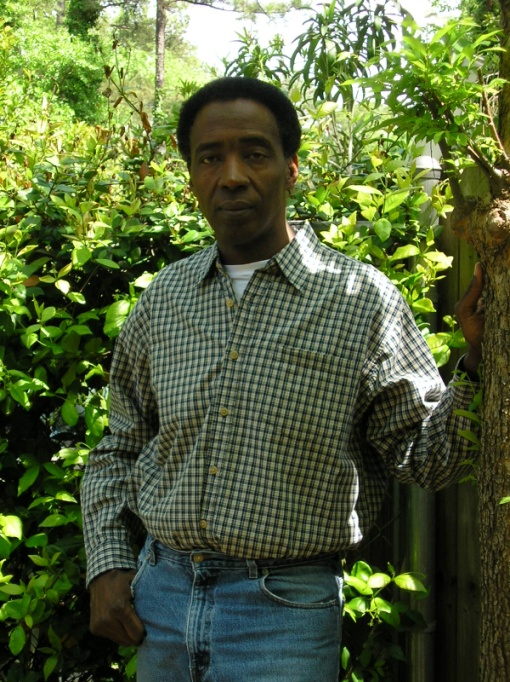Meet Edward Middleton

What Edward Says About Writing
Whatever direction the ideas of the moment take me, it’s first an exercise of the soul. It’s where I meet my honesty. And it’s rarely if ever threatening or foreboding, but much like my childhood beagle pooch, Bingo, always welcomes me with unconditional love. Since sometimes I write, and write, and write, because the words keep coming, and coming, and coming. And I can’t stop until everything, at least for the moment, has been laid bare before me on that previously blank page. But yet it’s love. Love of the written word that’s first a gift of God to my consciousness, and all He says to me is, “Share it.”
And so I try. Having written, I try to find a venue where as many other souls as possible will say, “Yes! I get it. I feel it too.” That’s writing to me — each piece I write is a natural progression on this journey to who I am as an artist. And as an artist I’m not only the sum of my gift, but also what I’ve been taught. For this reason I often lightheartedly refer to Maureen as “Sensei” because of her love of and skill at teaching the craft.
Check out Edward’s book here: Fast Food And Other Social Dilemmas: Workplace Symptoms of African-American Family Breakdown.
A Sample of Edward’s Writing
My Father’s Funeral
by
Edward Middleton
I remember being seated next to my mother
her squeezing my hand until it hurts
as they lowered him slowly
Her other hand lay atop a folded flag on her lap
that all before had been draped across his box
that cold box
I remember tears falling from beneath a black veil
and a young woman sniffling to remain strong
in the face of her loss
I remember music about sweet by and byes
and my brother’s short black pants
my sister’s bewildered look
I remember black —
and my father sinking slowly
from out of our sight.
What Edward says about WordPlay
I’ve always loved to write. And poetry has always been my favorite medium. Maureen taught the first real poetry course that I ever took. She did not have us abandon our individual “style,” which is the thing that we poets are often most protective of. Rather, she invited and guided us into thinking beyond style. After some basics on construction and rhythm she had us reach back into memory to a time that impacted us more emotionally than anything else. She encouraged us to stay with those feelings and not to shun or run from them. And when they were at their sharpest… write. And so we did.
